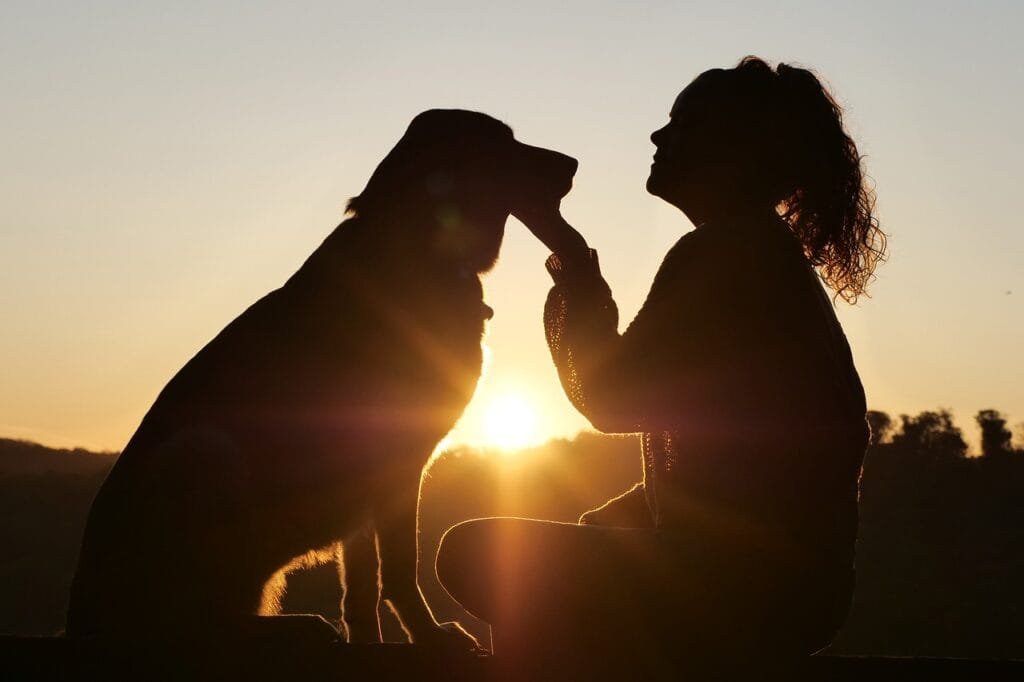Dog Health and Behaviour Science
Dog health and behaviour science explores how your dog’s physical health, brain function, and emotional processing shape their everyday behaviour. Understanding the connection between biology, wellness, and learning gives guardians the tools to respond more effectively to behaviour challenges, support long-term wellbeing, and build stronger relationships.
This category includes posts that explore canine learning theory, cognition, emotional regulation, and key health topics that influence behaviour. You will find science-informed guidance on reinforcement, motivation, stress responses, and body language, alongside practical articles on preventive wellness, chronic conditions, vet care, and nutrition.
At Belle and Bark, we believe that dog health and behaviour science should be accessible, practical, and rooted in compassion. Many behaviour issues stem from underlying stress, discomfort, or unmet physical needs. Likewise, a dog who feels safe, supported, and well-cared-for is better able to learn, adapt, and thrive in everyday life.
Whether you are interested in how dogs learn, managing behavioural shifts in senior dogs, or supporting recovery from illness or injury, this category helps you take an informed, holistic approach. It is especially valuable for guardians who want to go beyond surface-level training tips and understand the why behind their dog’s behaviour.
Explore this category to learn how dog health and behaviour science can improve your training results, deepen your relationship, and guide thoughtful, humane care.





